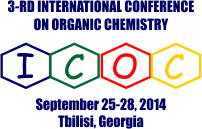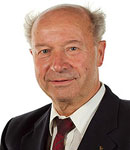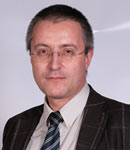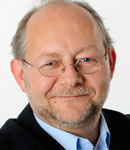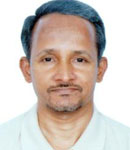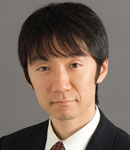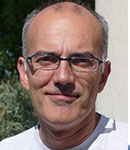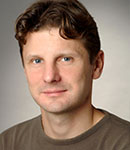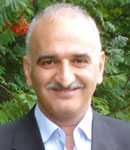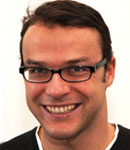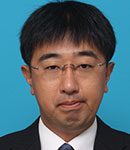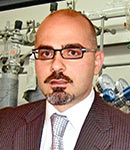
The progress of mankind is due exclusively to the progress of natural sciences, not to morals, religion or philosophy.
Justus von Liebig, 1866
Prof. Lutz F. Tietze
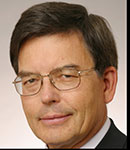
Lutz F. Tietze studied chemistry at the universities of Freiburg and Kiel, Germany and obtained his doctorate under the supervision of Prof. B. Franck in 1968 in Kiel. He then worked as a research associate with Prof. G. Büchi at MIT, Cambridge, USA for two years and later with Prof. A. Battersby in Cambridge, UK. In 1975 he got his habilitation at the University of Münster and in 1977 he received a professorship at the University of Dortmund. Since 1978 he has been Professor and Director of the Institute of Organic and Biomolecular Chemistry at the Georg-August-University in Göttingen.
He was head of a Collaborative Research Centre (Sonderforschungsbereich), has served as a member of the DFG-Panel (Fachforum) for eight years and was dean and vice dean of the faculty of chemistry in Göttingen again for eight years. He is President of the German Stirring Committee of the German Chemical Societies (DZfCh), member of the German Center for research of heart and coronary diseases (DZHK) and has been awarded in 2012 with the position of a Distinguished Research Professor.
Professor Tietze has received several prizes, including the award for his book on "Reactions and Syntheses" by the Fonds of the Chemical industry , the Grignard-Wittig Prize of the Société Française de Chimie, the Prix Charles Mentzer of the Société de Chimie Thérapeutique and the highly prestigious Emil Fischer Goldmedal of the German Chemical Society. He has received an honorary doctorate from the University of Szeged (Hungary), has been awarded with an honourable fellowship of the Indian Chemical Society (CRSI), was visiting professor at seven universities worldwide and is member of the academy of science in Göttingen.
He has over 460 scientific papers, 34 patents and four books to his name. His research focuses on the development of efficient and selective synthetic methods using domino reactions, which allow the preparation of complex molecules starting from simple substrates in an ecological and economical advantageous way. Moreover, he is working on the total synthesis of natural products as well as materials and on the development of new selective anticancer agents based on conjugates of tumor-selective monoclonal antibodies and enzymes as well as prodrugs of duocarmycin analogues.
